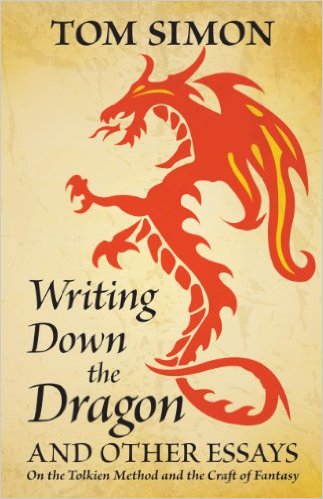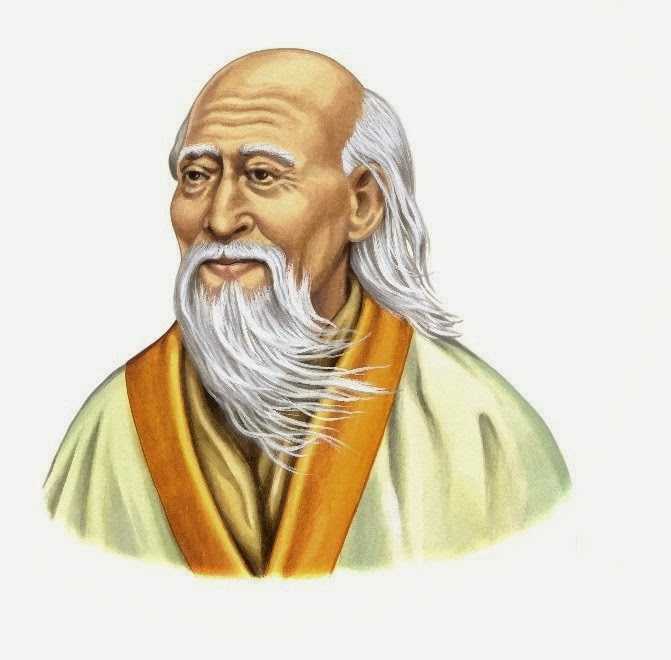For your reading pleasure, allow me to post this essay by the giant Gene Wolfe on the giant J.R.R. Tolkien. This is the second best essay on Tolkien I have ever read.
(The best was by the giantess Ursula K. Leguin, whose title my memory, cluttered with mathoms, has misplaced, but I recall the gist of the final line, and I recall the stinging tear of joy it brought to my eye: Elenor and Nembrithel no longer grow in Galadriel’s enchanted wood, but linger as the names of the happy hobbit daughters of Master Samwise in the Shire, or hidden among the roses planted in his humble garden.)
It is, however, the best title for an essay I ever read. It was not until two decades after I read this title that I got the point, for this is the last line of the short story ‘Leaf by Niggle’, where the unfinished artwork of Niggle is used by heaven as in introduction to the deeper and higher joys beyond art to which art (when done correctly) points, and Prof. Tolkien’s art more than most.
At one time, this essay had been available in whole at Andy Robertson’s ‘The Night Land’ website, but with that fine man’s passing, the essay cannot be found.
Enjoy.
The Best Introduction to the Mountains
by Gene Wolfe
There is one very real sense in which the Dark Ages were the brightest of times, and it is this: that they were times of defined and definite duties and freedoms. The king might rule badly, but everyone agreed as to what good rule was. Not only every earl and baron but every carl and churl knew what an ideal king would say and do. The peasant might behave badly; but the peasant did not expect praise for it, even his own praise. These assertions can be quibbled over endlessly, of course; there are always exceptional persons and exceptional circumstances. Nevertheless they represent a broad truth about Christianized barbarian society as a whole, and arguments that focus on exceptions provide a picture that is fundamentally false, even when the instances on which they are based are real and honestly presented. At a time when few others knew this, and very few others understood its implications, J. R. R. Tolkien both knew and understood, and was able to express that understanding in art, and in time in great art.
That, I believe, was what drew me to him so strongly when I first encountered The Lord of the Rings. As a child I had been taught a code of conduct: I was to be courteous and considerate, and most courteous and most considerate of those less strong than I — of girls and women, and of old people especially. Less educated men might hold inferior positions, but that did not mean that they themselves were inferior; they might be (and often would be) wiser, braver, and more honest than I was. They were entitled to respect, and were to be thanked when they befriended me, even in minor matters. Legitimate authority was to be obeyed without shirking and without question. Mere strength (the corrupt coercion Washington calls power and Chicago clout) was to be defied. It might be better to be a slave than to die, but it was better to die than to be a slave who acquiesced in his own slavery. Above all, I was to be honest with everyone. Debts were to be paid, and my word was to be as good as I could make it.
With that preparation I entered the Mills of Mordor, where courtesy is weakness, honesty is foolishness, and cruelty is entertainment.
I was living in a club for men, a place much like a YMCA. I was thoroughly wretched in half a dozen ways (much more so than I had ever been in college or the Army), but for the first time in my life I had enough money to subscribe to magazines and even buy books in hardcover. Planet Stories, Thrilling Wonder Stories, Weird Tales, and Famous Fantastic Mysteries — pulps I had read as a boy while hiding behind the candy counter in the Richmond Pharmacy — were gone; but Astounding Stories lingered as a digest-size magazine a bit less costly than most paperback books. There was also The Magazine of Fantasy & Science Fiction, put out by the same company that had published Curtains for the Copper and other Mercury Mysteries that my mother and I had devoured. I subscribed to both, and to any other magazines dealing with science fiction or fantasy that could locate.
Here I must do someone (quite likely the late Anthony Boucher) a grave injustice. I no longer recall who wrote the review I read in Fantasy & Science Fiction. It was a glowing review, and I would quote at length from it if I could. It convinced me then and there that I must read The Lord of the Rings. In those days (the middle 1950s, if you can conceive of a period so remote) the magazine offered books for sale — one might write enclosing a cheque, and receive the book one had ordered by mail. Accustomed as you are to ordering from Amazon.com, you will deride so primitive a system; but you have never been a friendless young man in a strange city far from home. Now that you have enjoyed yourself, please keep in mind that the big-box stores we are accustomed to did not exist. There was no cavernous Barnes & Noble stocking a thousand titles under Science Fiction and Fantasy, no two-tiered Borders rejoicing in a friendly coffee shop and a dozen helpful clerks. There were (if the city was large and one was lucky) one or two old-line book shops downtown; they carried bestsellers, classics like Anna Karenina, cookbooks, and books of local interest, with a smattering of other things, mostly humour and books about dogs. The city in which I was living also boasted a glorious used-book store, five floors and a cellar, in which one might find the most amazing things; but these things did not include science fiction or much fantasy — the few who were fortunate enough to own those books kept them. There may have been speciality shops already in New York; there very probably were. But if there were, they could not have specialized in fantasy or science fiction. Or in horror, for that matter. It was a surprise, a distinct departure from the usual publishing practices, whenever any such book appeared.
An example may make the reason clear. In 1939, August Derleth and Donald Wandrei had published twelve hundred copies of H. P. Lovecraft’s The Outsider and Others, at their own expense. Fanzines had publicized their effort widely and with enthusiasm; but selling those twelve hundred books, which cost three dollars and fifty cents before publication and five dollars after, took four years.
The copy of The Fellowship of the Ring that I received from Fantasy & Science Fiction lies on my desk as I write. It is, I suppose, the first American edition; it was issued in 1956 (the year in which I bought it) by the Houghton Mifflin Company of Boston. It is gold-stamped, and is bound in cloth the colour of slightly faded denim. Its elegant dust jacket vanished long ago, though I still recall it. Its back board holds a much-folded map of Middle-earth, sixteen inches on a side, showing among other places the Shire, the Lost Realm of Arnor, Mirkwood, the Brown Lands, Rohan, and Gondor. On its half-title there is now a quotation from Thoreau that I inscribed in blue ink many years ago. I give it because its presence on that slightly yellowed page should convey to you more of what this book meant to me in those days than anything that I might write in my little essay possibly could.
Our fabled shores none ever reach,
No mariner has found our beach,
Scarcely our mirage is seen,
And Neighbouring waves of floating green,
Yet still the oldest charts contain
Some dotted outline of our main.
Read the remainder of this entry »




